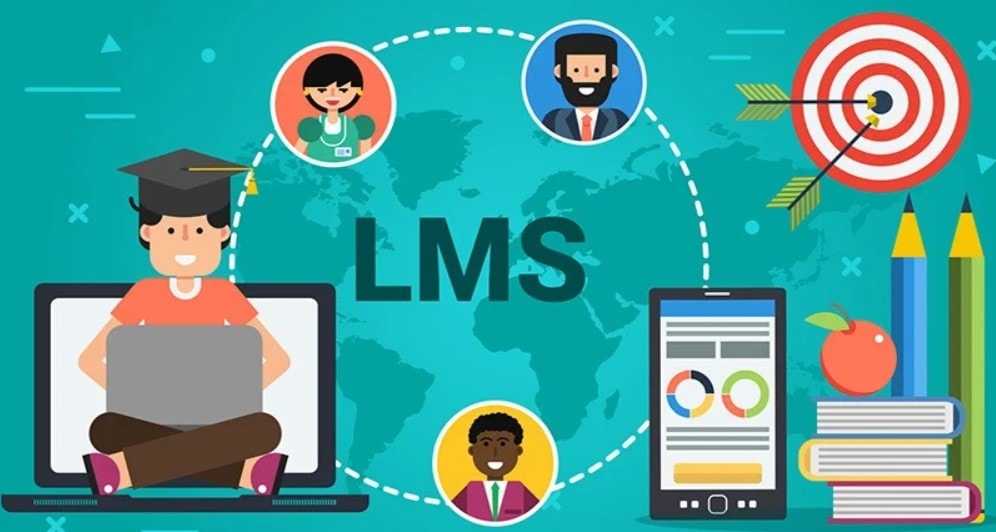In this article, I have answered: “5 Things To Look For In Learning Management Systems”. Learning management systems (LMS) is software that enables HR leaders to provide quick access to courses and training information in one location.
Employers can usually build their own courses and provide lessons from third parties through these LMS solutions. Employers can use learning management systems to administer, manage, and measure employee performance.
This type of HR technology is especially critical as organizations continue to migrate to hybrid and remote employment.
Onboarding and up-skilling are required to maintain people on the cutting edge of technology so that the company can compete. Furthermore, offering up-skilling and re-skilling are approaches to attract talent during this era of the Great Resignation.
In many respects, the pandemic hastened the coming of the future of labor. As a result, companies are still attempting to close the skills gap in order to gain a competitive advantage.
HR leaders are unquestionably at the forefront of fostering a culture of continuous learning and providing cutting-edge training alternatives.
In fact, even after the epidemic, 43% of respondents to the current State of the study stated they will continue to use online learning. They also ranked LMS as the third most important investment priority.
As employees try to figure out what the new normal is, 35% want to change their training and development initiatives.
Is Teachable free? See our Teachable review
Contents
5 Things To Look For In Learning Management Systems
2. Good for Those Who Are Always on the Move
Employees who work remotely or in a hybrid workplace that allows for flexibility should have access to education regardless of their location.
As a result, when choosing an LMS, You should think about whether the system will work on mobile devices, tablets, laptops, and other devices. This is another approach to show employees flexibility, make learning more accessible, and keep them engaged.
4. System for Cloud Storage
A good LMS has enough cloud storage for coursework and resources, as well as performance metrics and other records that may be used to track participation and progress.
This implies that employees have 24/7 access to their work, which is essential for a truly flexible experience. Of course, the storage should be safeguarded and secure, just like any other online software.
Get a Huge Discount On the greatest LMS platform
Quick Links:




